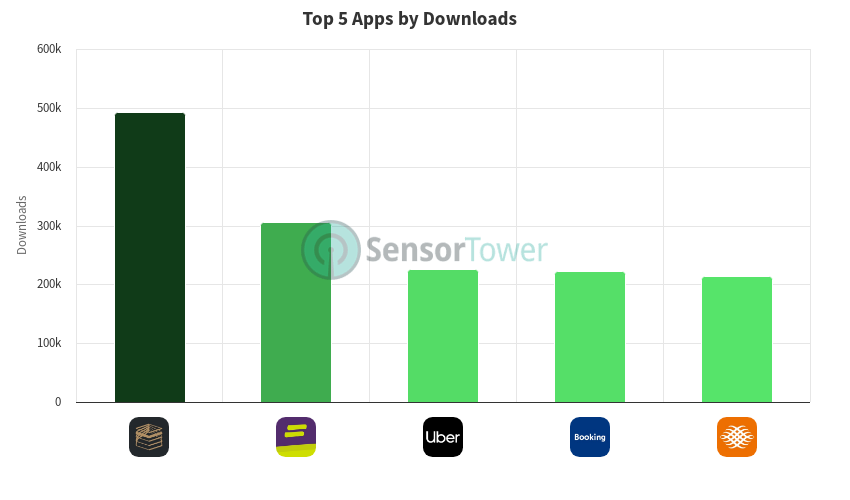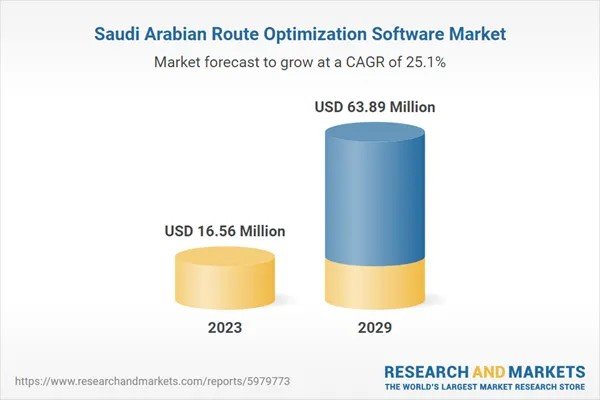Overview
In recent years, Saudi Arabia has witnessed a profound transformation in its transportation landscape, thanks to the rise of digital platforms and technologies. Ride-hailing apps, route optimization software, and smart traffic management systems are playing a pivotal role in reshaping mobility across the kingdom. These digital mobility solutions are making transportation more efficient and accessible, while also contributing to Saudi Arabia’s Vision 2030 by promoting sustainable infrastructure and enhancing economic growth.
Ride-Hailing Apps Market in Saudi Arabia for Q1 2024
Ride-hailing apps have revolutionized transportation in Saudi Arabia, with platforms like Uber, Careem, and local players such as Kaiian and To You leading the market. These apps offer seamless and convenient transport options, catering to diverse user needs and preferences. For example, Uber provides different service tiers, from affordable UberX rides to premium UberBlack experiences. Careem, while also owned by Uber, operates independently and has tailored its services specifically to the Saudi market, offering everything from economy rides to bike options in certain areas.

In Q1 2024, Saudi Arabia saw impressive growth in ride-hailing app usage. Kaiian, one of the popular local platforms, recorded a peak of 53,000 weekly downloads in the week of March 4, with its weekly active users reaching 71,000 by early March before experiencing a slight decline toward the end of the quarter. Similarly, Uber maintained steady performance throughout Q1, with weekly downloads fluctuating between 26,000 and 33,000, while active users peaked at 978,000 in mid-March.
These apps have not only made mobility more accessible but also contributed to reducing reliance on traditional taxi services. Features such as real-time tracking, cashless payments, and emergency assistance have raised the bar for customer experience and safety, making ride-hailing a preferred choice for many Saudis.
Route Optimization Software: Revolutionizing Logistics in Saudi Arabia
The Saudi Arabia route optimization software market is experiencing rapid growth, driven by the country’s economic development and efforts to modernize its logistics infrastructure. According to a report by ResearchAndMarkets.com, this market is set to expand significantly through 2029, with an estimated compound annual growth rate (CAGR) of 25%. By 2029, the market value is projected to reach $63.89 million, up from $16.56 million in 2023.

As e-commerce continues to flourish and demand for faster delivery rises, businesses are turning to route optimization software to meet growing market expectations. This software plays a vital role in managing increased delivery volumes, ensuring timely and reliable shipments while also reducing operational costs.
Green logistics is another key driver of market growth. Route optimization solutions are helping companies in Saudi Arabia adopt more sustainable practices by minimizing carbon emissions through efficient route planning. Additionally, government infrastructure investments are providing further momentum, enabling more refined logistics operations powered by advanced software technologies.
Riyadh, the capital city, is a strategic leader in this market due to its advanced infrastructure and the proliferation of logistics and transportation companies. The city’s focus on efficient route planning underscores its position as a hub for economic growth and technological innovation in logistics management.
Smart Traffic Management Systems: Improving Urban Mobility
As part of the Vision 2030 agenda, Saudi Arabia is making significant investments in smart traffic management systems. These AI-powered systems are designed to monitor traffic flow, adjust traffic lights, and manage congestion in real time, reducing delays and improving road safety.
Major urban centers like Riyadh and Jeddah have begun implementing these systems, which not only benefit daily commuters but also contribute to reducing the kingdom’s carbon footprint by optimizing traffic flows. For instance, systems are capable of detecting traffic bottlenecks and adjusting traffic lights dynamically to prioritize smoother travel on busier routes. This integration of digital mobility solutions is essential for improving the overall quality of life in Saudi cities.
The Future of Mobility in Saudi Arabia
Saudi Arabia’s adoption of digital mobility solutions is transforming its transportation ecosystem. Ride-hailing apps like Kaiian and Uber, route optimization tools driven by the booming logistics sector, and smart traffic management systems are making mobility smarter, more efficient, and more accessible.
As Saudi Arabia continues to embrace digital transformation, these solutions will play a critical role in shaping the future of mobility. By enhancing operational efficiency, reducing congestion, and providing more reliable services, these technologies are aligning with the kingdom’s Vision 2030 goals of building a more sustainable and economically prosperous society.



